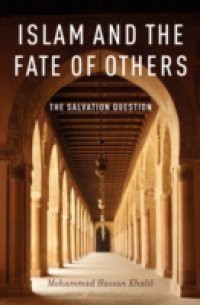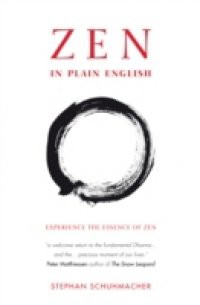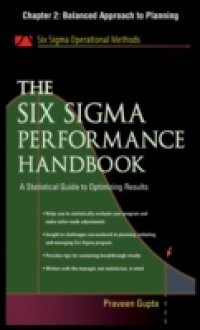Can non-Muslims be saved? And can those who are damned to Hell ever be redeemed? In Islam and the Fate of Others, Mohammad Hassan Khalil examines the writings of influential medieval and modern Muslim scholars on the controversial and consequential question of non-Muslim salvation. This is an illuminating study of four of the most prominent figures in the history of Islam: Ghazali, Ibn Arabi, Ibn Taymiyya, and Rashid Rida. Khalil demonstrates that though these paradigmatic figures tended to affirm the superiority of the Islamic message, they also envisioned a God of mercy and justice and a Paradise populated by Muslims and non-Muslims. Islam and the Fate of Others reveals that these theologians interpretations of the Quran and hadith corpus-from optimistic depictions of Judgment Day to notions of a temporal Hell and salvation for all-challenge widespread assumptions about Islamic scripture and thought. Along the way, Khalil examines the writings of many other important writers, such as Ibn Qayyim al-Jawziyya, Mulla Sadra, Shah Wali Allah of Delhi, Muhammad Ali of Lahore, James Robson, Sayyid Qutb, Yusuf al-Qaradawi, Farid Esack, Reza Shah-Kazemi, T. J. Winter, and Muhammad Legenhausen. Islam and the Fate of Others is both timely and overdue.


















